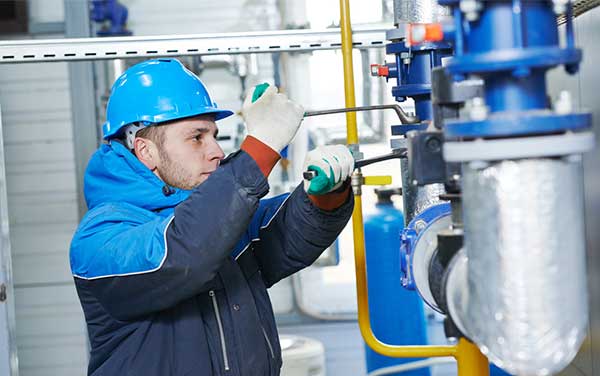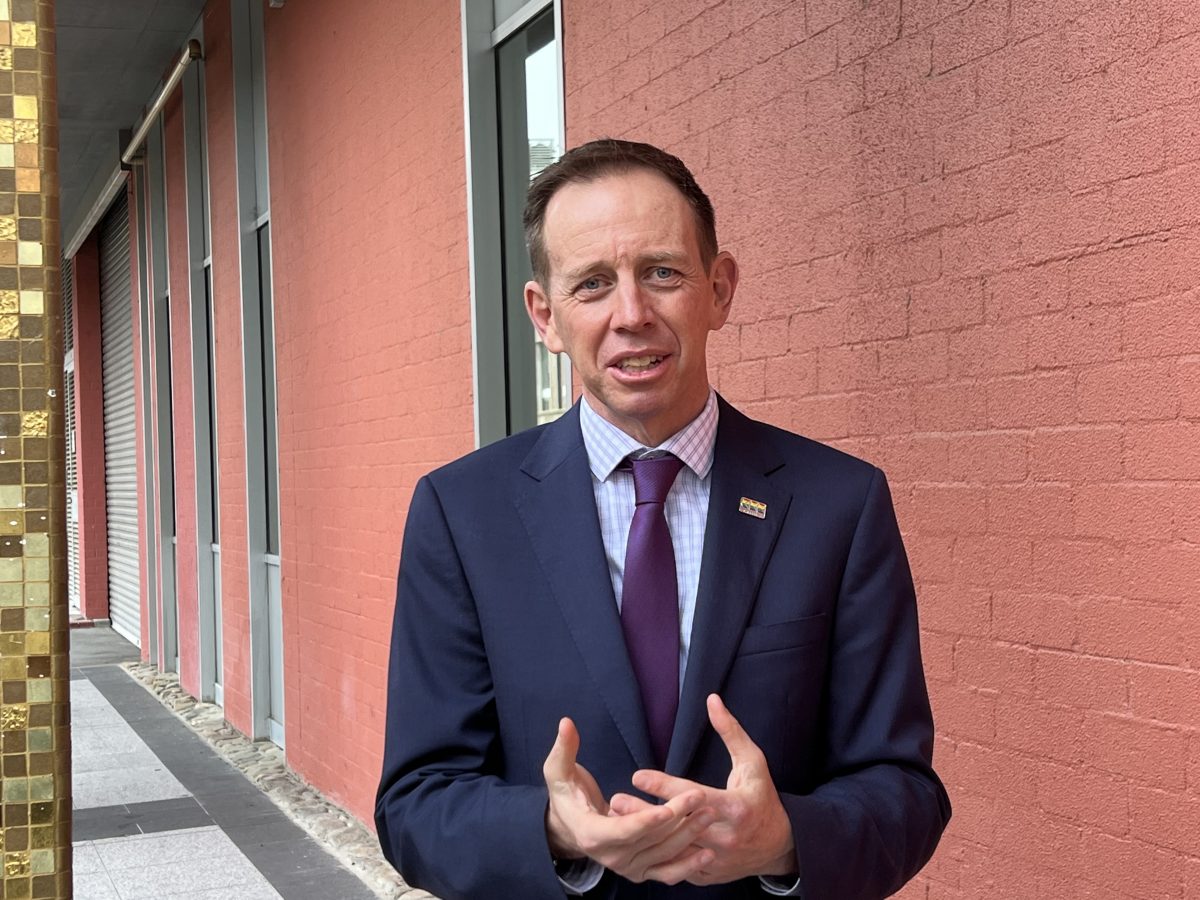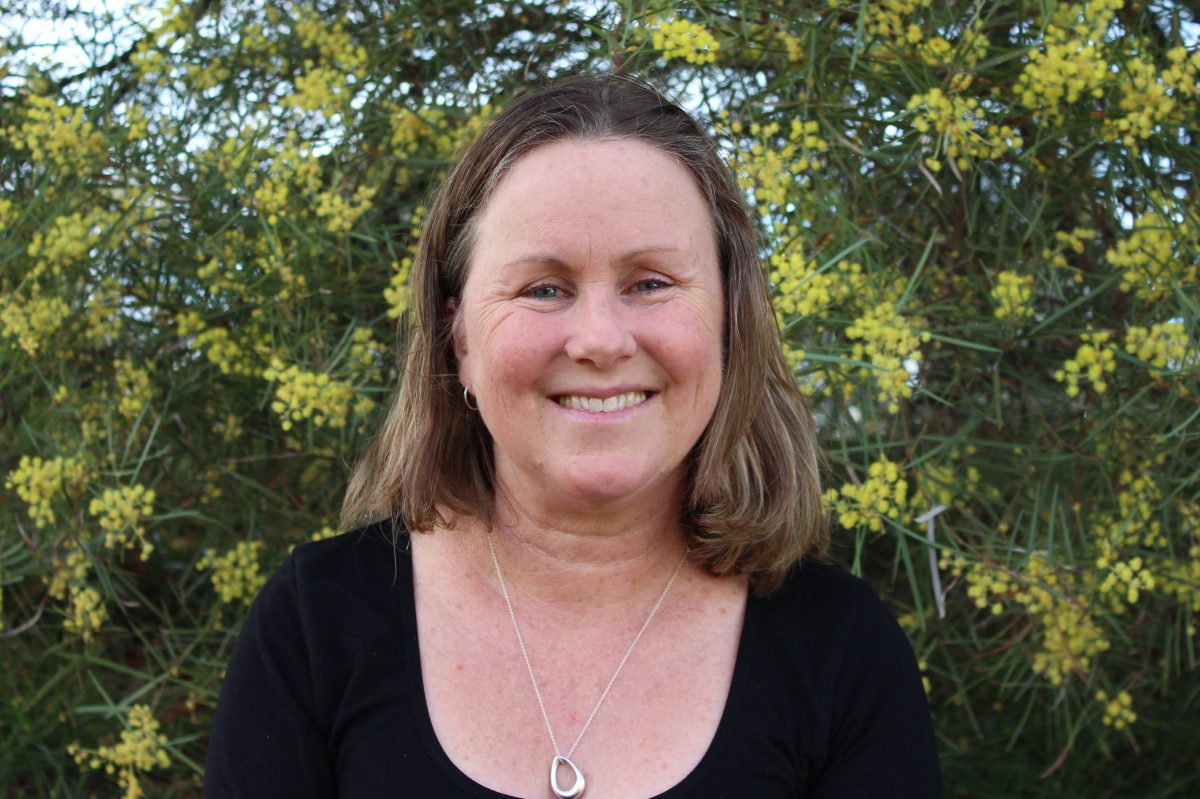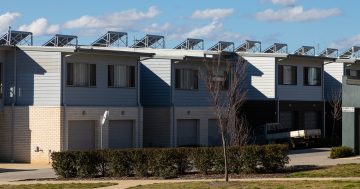
By 2045, you won’t be cooking with gas anymore. And not everyone is happy about that. Photo: File.
Last week, the ACT Government made a (somewhat unsurprising) announcement the Territory would be gas-free by 2045.
And (even more unsurprisingly), there has been a range of reactions. It seems not everyone is happy – whether you’re a gasfitter, a restaurant owner or a chef, or you’re used to the convenience of gas hot water.
Here’s what you need to know as the Territory continues on its path to zero emissions.
The timeline
Next year, the ACT Government will ban new gas-mains connections. Previously, the government has rolled back the mandate to supply new suburbs with gas connections, but the new legislation will be stricter.
These laws aren’t yet in place and have only just been introduced to the ACT Legislative Assembly.
Households will also be “encouraged” to develop their own transition plan for their home and slowly replace gas appliances with electric ones as they come to the end of their lives.
Once all gas appliances are gone, the household will have to remove the remaining gas connection to the network. This costs around $800. It’s still unclear if it will be up to the household to pick up the tab for that.
The transition from gas will then ramp up between 2040 and 2045.
But details are pretty scarce – mainly because the government is hopeful most of the transition will occur naturally as old appliances die and are replaced with electric ones, without the need for a ‘stick’ like banning the sale of gas appliances entirely.
They are also scarce because this will take place in two decades when the government won’t be a Barr-Rattenbury one (or it’s at least unlikely to be).
Chief Minister Andrew Barr last week described the announcement as a signal to the community of the “gentle, gradual transition” to come and they would be supported throughout.
Detailed policy will be developed in the coming years, which means many of those lingering questions will find answers in the future.

The peak body representing gas fitters says the government has jumped to an electric future without considering alternatives. Photo: File.
Who isn’t happy about the transition?
The industry body representing plumbers – and therefore the 1800 or so gasfitters working locally – is, well, displeased to say the least.
President of the Master Plumbers Association ACT Jason Tait said the industry is supportive of the transition to zero-emissions by 2045, but he thinks the government has chosen electrification too early.
He is now urging the government to consider alternatives such as biomethane and green hydrogen instead of scrapping gas altogether.
“We’re seeing jurisdictions around Australia and globally who are forging ahead with green gas projects and funding, and we don’t want the ACT community to bear the expensive brunt of mistakes our government may make at this early stage,” he said.
Mr Tait said the existing gas network is 100 per cent ready to take biomethane and 95 per cent ready for hydrogen.
He has acknowledged that gasfitters had already noticed a reduction in their workload as people transitioned naturally away from gas to electric alternatives.
The question about what happens to the gas network remains, although the government has largely ruled out hydrogen and biomethane, for the most part, concluding it would be more expensive, although it will have a role in heavy industry.
In its detailed policy statement released last week, the government said it would work with industry to identify new opportunities for people working with gas, such as fitters. It will also investigate future uses for the Territory’s gas distribution network.
Some chefs and restaurant owners have also raised concerns about not being able to cook with gas anymore.
But that’s not the case for everyone.
Previously, chef Chef Sanjay Kumar of Daana restaurant told Region he had become a convert to induction cooktops because they were safer and more energy efficient.

Minister for Energy and Emissions Reduction Shane Rattenbury stressed using gas would be allowed in some circumstances in the short term. Photo: Lottie Twyford.
Minister for Energy and Emissions Reduction Shane Rattenbury said there would be exceptions (in the short-term) for businesses that need gas – including restaurants.
“I would say to restauranters that induction cooking is a great way to go because it keeps the kitchen cooler,” he said.
“But we are conscious this is the way they do business.”
People desperate to cook with a backyard barbecue will still be able to bring in an LPG tank as well. But it’s unclear what the rules will be on this in 20 years.

Executive director of the conservation council Helen Oakey is thrilled with the government’s gas phase-out announcement. Photo: File.
Who is happy?
Environmental advocacy groups. Conservation Council executive director Helen Oakey congratulated the government for its leadership on the gas phase-out.
She called for no households to be left behind.
“While some households will find it easier to upgrade or replace their broken appliances with electric appliances, not all households will be well-placed; and as householders come off the gas grid, the costs for those left on will rise,” she said.
“We must ensure that those who need support to transition get that support.”
The Greens are also happy, mainly because in the lead-up to the 2020 election, Chief Minister Andrew Barr said Labor would not support any “crazy Greens proposal” such as turning off gas and that electricity alone would not be enough during winter to keep Canberrans warm.
And look where we are now.
Learn more about the transition from gas at Powering Canberra.

















